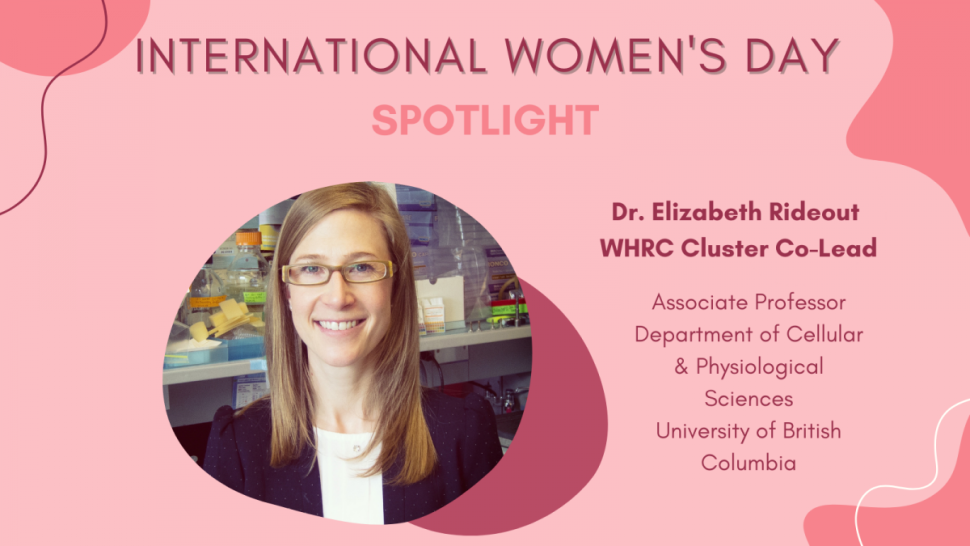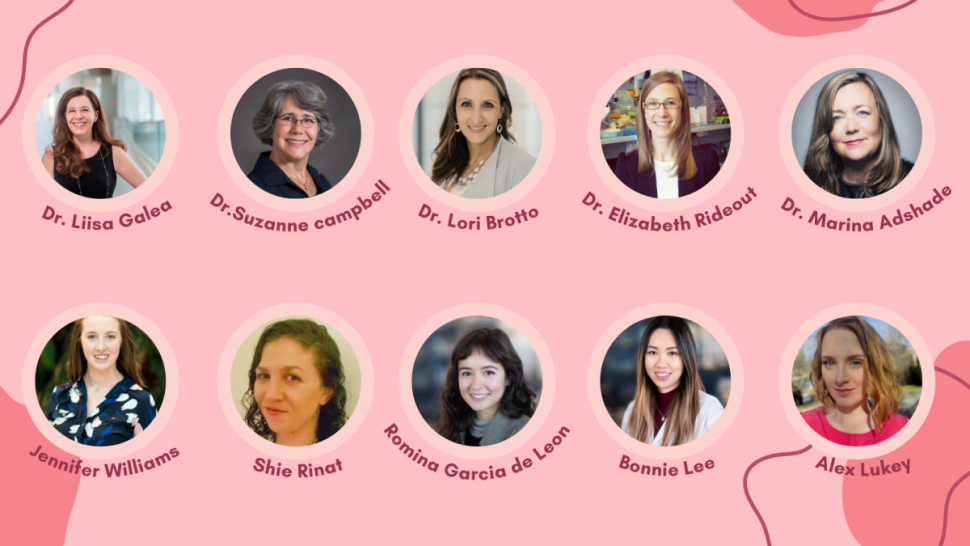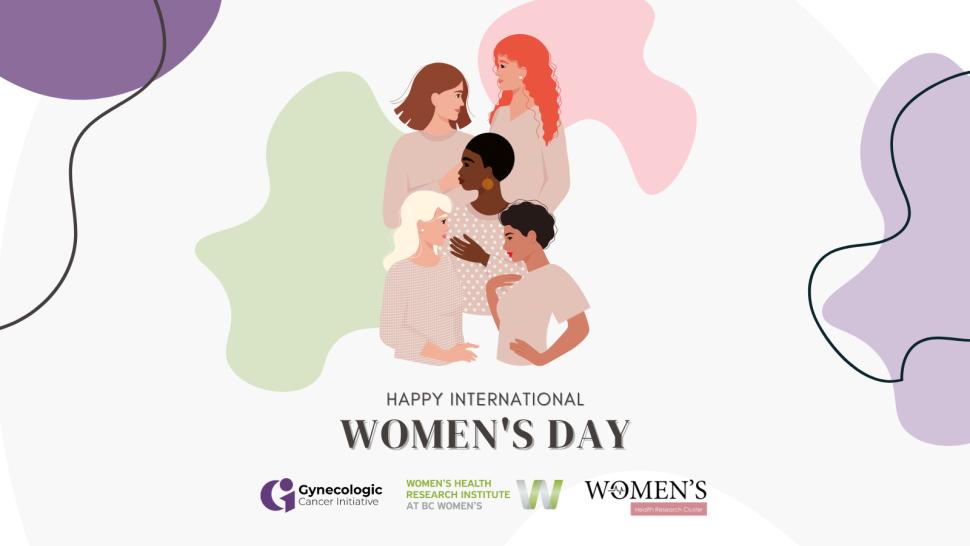Happy International Women’s Day! March 8th is a global celebration of the social, economic, cultural, and political achievements of self-identifying women worldwide.
Imagine a world with gender parity; a world where everyone is valued and celebrated. The focus of this year’s IWD campaign is to bring attention to the importance of gender equity over equality. In promoting gender equity, we acknowledge that not all women are the same. We advocate for women to be provided with opportunities and resources fitted to their circumstances to allow them to achieve equitable outcomes. This is especially important in women’s health research, where we recognize that women’s health concerns and access to healthcare resources vary. Likewise, not all women are provided with the same educational opportunities in pursuing certain careers, such as those in STEM. This International Women’s Day, we call on everyone to #EmbraceEquity and join us in our continued fight for gender equity.
The WHRC strongly believes that women and girls everywhere deserve to live healthy lives! To demonstrate our commitment to supporting women’s health, we are joining Organon Canada and giving our staff a paid day off on March 8th to care for their health.
This year, the WHRC is also joining forces with the Women’s Health Research Institute and the Gynecological Cancer Initiative to showcase some amazing women at the forefront of women’s health research and highlight resources and events to help you celebrate International Women's Day. Be sure to check out their websites for additional resources and tools!
Women in the Spotlight
Introducing one of our newest cluster co-leads, Dr. Elizabeth Rideout

Dr. Rideout is an Assistant Professor in the Department of Cellular & Physiological Sciences at the University of British Columbia. Her research focuses on investigating how male-female differences in cellular metabolism leads to sex differences in body size, stress responses and aging.
We chatted with Dr. Rideout to learn more about how she works towards #EmbracingEquity and improving women’s health. We asked her about the role of equity in her work, her decision to focus on sex differences in metabolism and the impact she hopes to have on women's health. See her full response below!
"Achieving equity in health outcomes requires work across many different spheres of knowledge. In my lab, we address one dimension of equity by focusing on biological sex as a variable. The overarching goal of our work is to gain a highly detailed understanding of metabolic regulation in each sex. The reason we focus on metabolic regulation is that metabolic diseases show significant differences between males and females (e.g. disease risk, progression, treatment efficacy). Because of the historic and ongoing underrepresentation of females in biomedical research, we aim to improve women’s health by advancing knowledge of how biological sex affects metabolic regulation in both physiological and pathological contexts. This information represents a critical first step toward developing sex-informed strategies for metabolic disease prevention and treatment."
Spotlight on our leadership team

WHRC members, like our leadership team, include a wide variety of amazing hard-working women who have made significant contributions in their respective fields, and continue to pave the way for more equity in women’s health. We are so proud of all of the women who lead our organization as well as our members for their achievements in the workplace and beyond!
Events
Interested in learning more about women’s health? Be sure to check out these upcoming events
Resources
Have a look at these resources to help you learn more about women’s health and gender equity.
Introducing the WHRC Expert Database!
The WHRC is excited to announce the launch of our new Expert Database. Using this new tool, you will be able to learn more about the women’s health experts in our organization and access their contact info with ease! Whether you are looking for advice or support in your research endeavors, in need of an expert to comment on a specific women’s health topic or searching for a supervisor, our Expert Database has something to offer.
Additional resources
Podcasts
The WHRC, WHRI and GCI are excited to share with you a few podcast episodes from the Women’s Health Interrupted, @WomensResearch and GOSH podcasts. Check out the episodes listed below to learn more about the importance of #EmbracingEquity!
